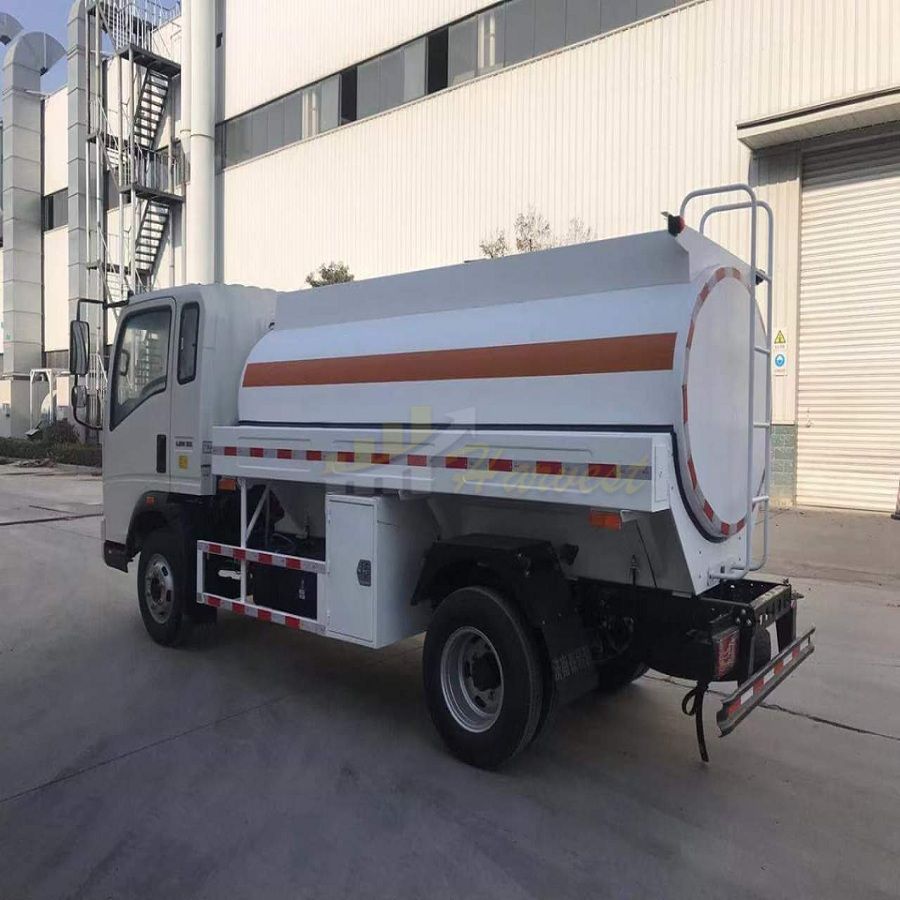

Coercive practices such as these are indicators of forced labour.

Nearly all employers hold their workers' passports, placing workers at risk of arrest and in practice preventing them from leaving abusive workplaces. Some are in situations close to bonded labour. Most workers have taken out loans at exorbitant interest rates and simply cannot afford to return to their home countries. Once they arrive, they often find that much of what their agents told them about their new jobs is untrue - the pay, type of work, even the existence of those jobs or their legal status in the country.” Most pay recruitment agents substantial sums of money to secure jobs, work permits and training. Many are subject to verbal, physical and sexual abuse.” Migrants, many from Bangladesh, Indonesia, and Nepal, are forced to work in hazardous situations, often against their will, and toil for 12 hours a day or more. They are easy prey for unscrupulous recruitment agents, employers and corrupt police." Migrant workers are critical to Malaysia's economy, but they systematically receive less legal protection than other workers. Recent reports from NGO Amnesty International have been highly critical of legal protections and conditions for the migrant workforce, noting: Migrant workers in Malaysia are some of the most precarious in the world despite making up over 20% of the country’s workforce, with few labour rights and often horrific working conditions.ĭespite having a huge mass presence, the wide range of nationalities present and transitory situations militate against organisation - the protesters at Tebrau comprised of workers from Nepal, Myanmar, Vietnam, Bangladesh and India. Following the riot, managers agreed to meet a workers’ representative to discuss problems at the plant in Tebrau Industrial Area.

Workers are calling for the establishment of a mini-clinic at the the electronics compound as well as increases to pay. However even after he became unable to hide his distress bosses allegedly refused to send him for treatment until it was too late. The 20-year-old Nepalese man had contracted a high fever on Sunday, which he initially concealed from managers. The fighting, which was eventually contained in the early evening after seven hours, was sparked after an injured staff member died when employers delayed sending them to hospital. During the struggle rubbish and stones were used against over 200 riot police, with fire extinguishers being torn off the walls and allegedly used to spray bystanders.


 0 kommentar(er)
0 kommentar(er)
